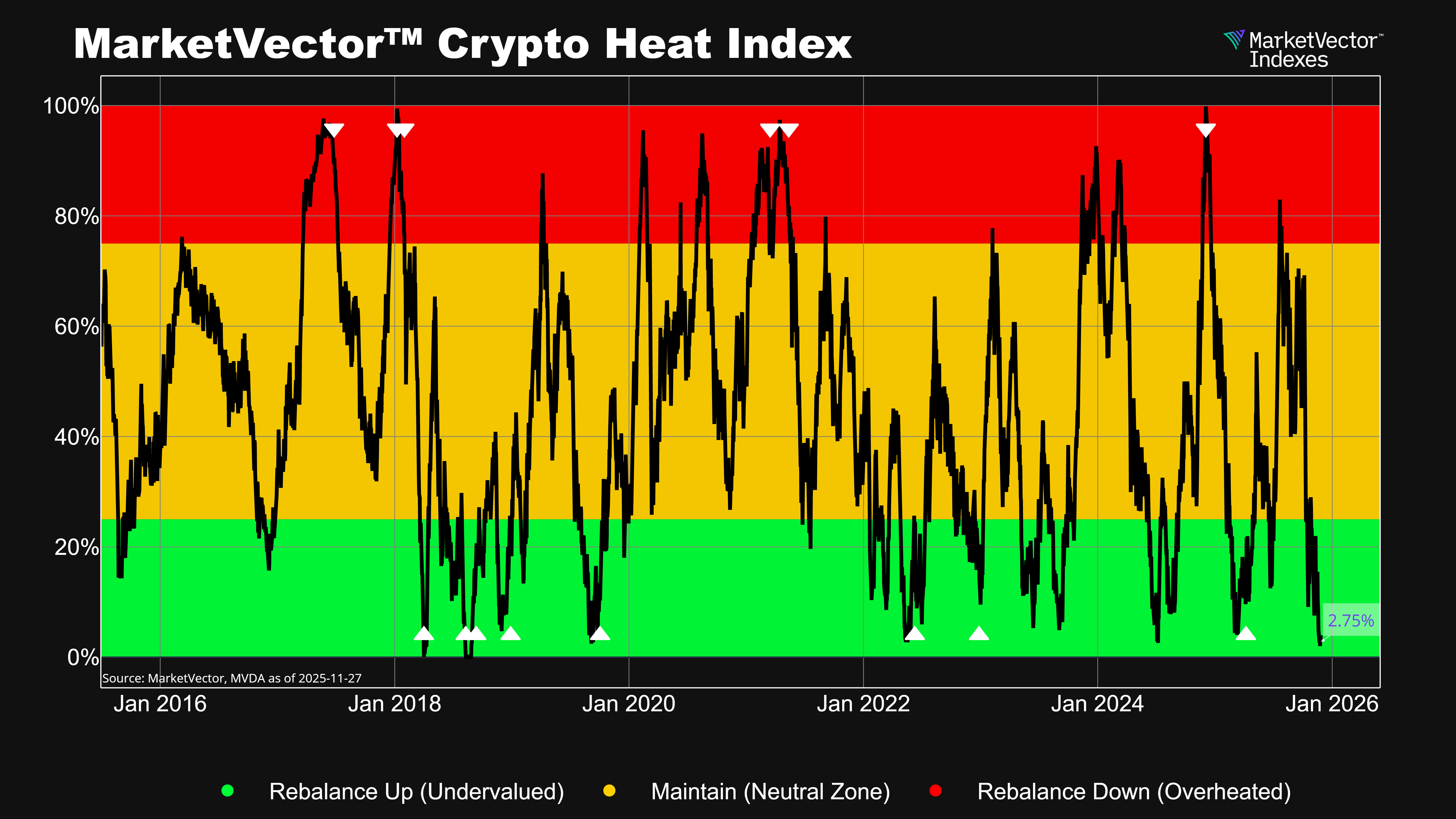ICOs offer digital tokens to investors, which do not present an ownership stake on the project but can be used for investment or transactions within the project’s ecosystem. Such tokens need not be listed on a crypto exchange, but it became a factor for a project to raise interest among investors. The main handicap for ICOs is the absence of a comprehensive regulatory oversight leaving room for cases like "pump and dump" schemes.
Unlike IPOs, ICOs can be implemented in a very short time. In addition, like crowdfunding, an ICO is open to everyone – which is praised by many as it paves the way for everyone to provide funds and every project to be funded. As a matter fact, in spite of some big obstacles, ICOs seem to attract many investors to the field. Yet, the question remains: Can ICOs replace the traditional fundraising mechanism one day?
ICOs
Source: MVIS
Get the latest news & insights from MarketVector
Get the newsletterRelated:




